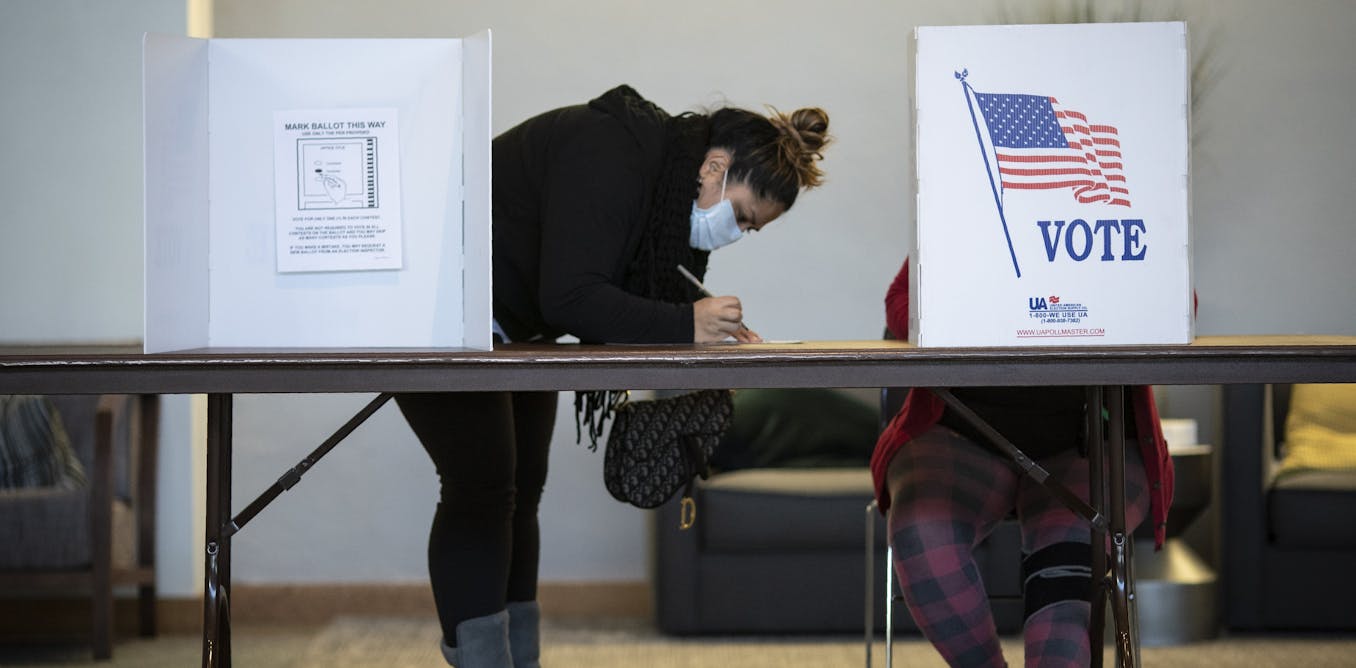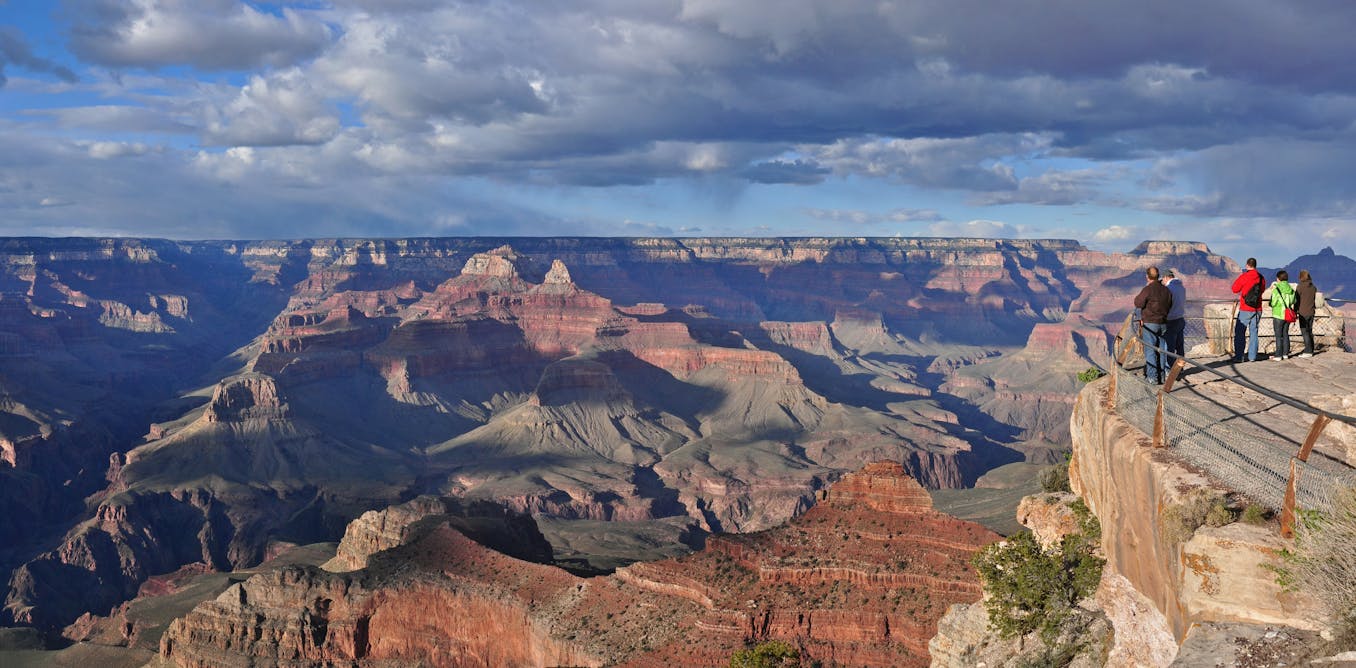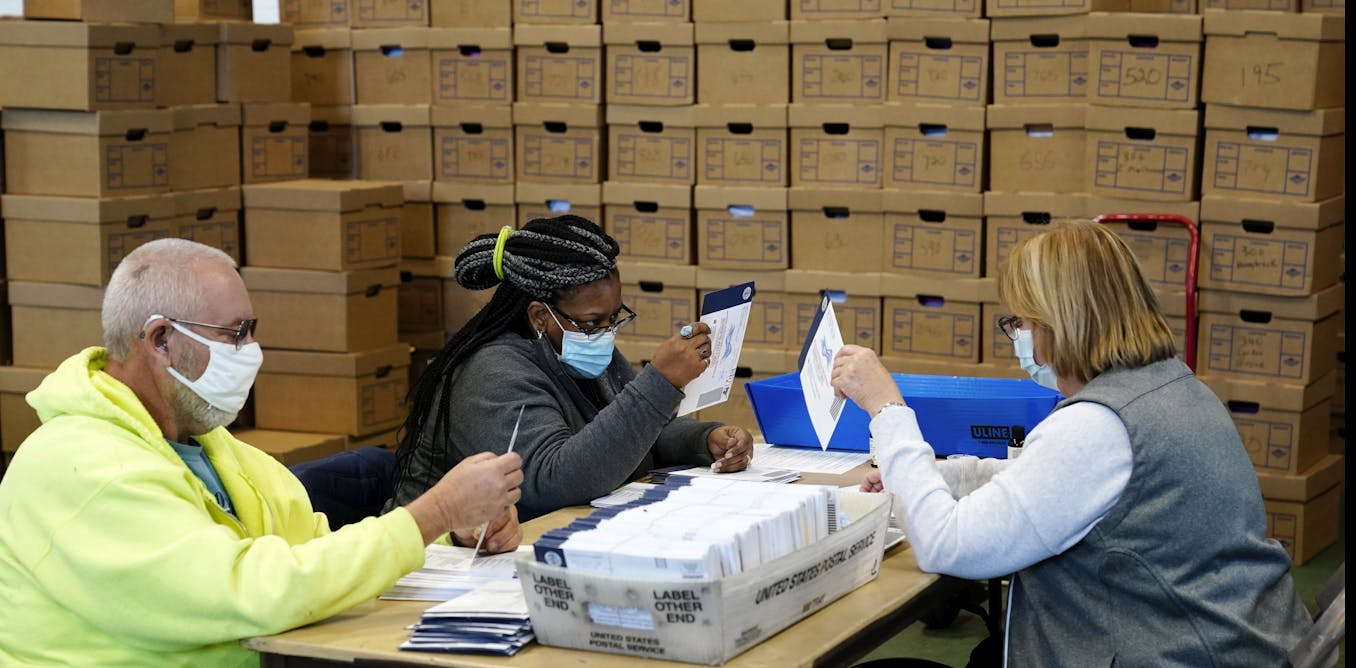6 ways AI can make political campaigns more deceptive than ever
Politicians and their campaigns use a lot of methods, including manipulation and deception, to persuade you to vote for them and give them money. AI promises to make those attempts more effective.
July 21, 2023 • ~11 min










